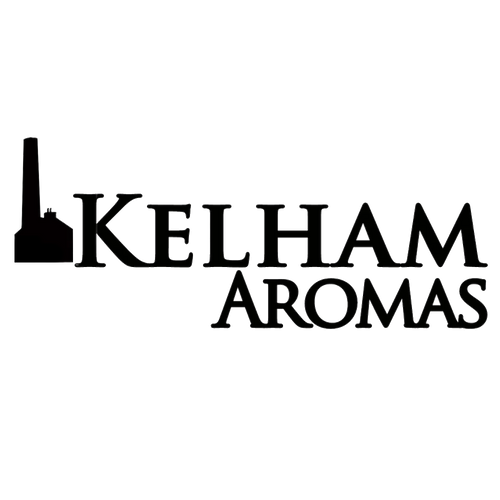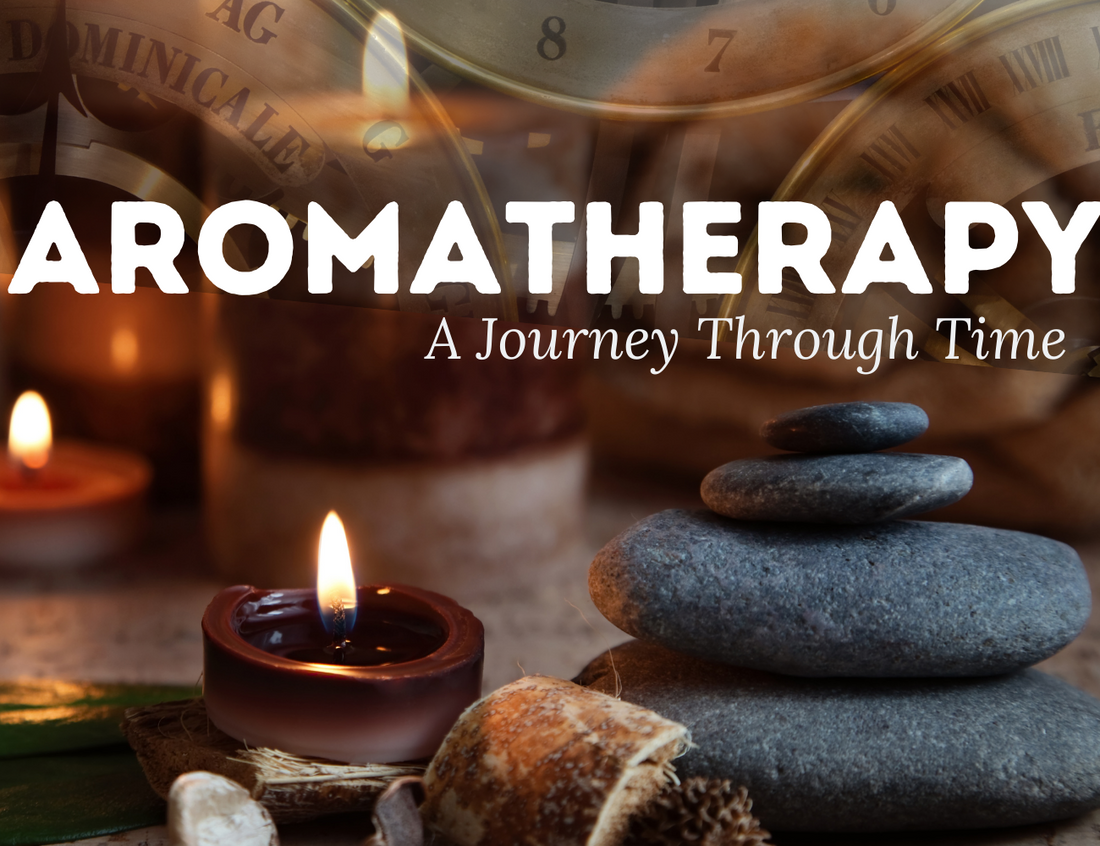The use of aromatherapy dates back thousands of years and has been practiced by different cultures throughout history. From ancient Egypt to Babylon, the use of essential oils for physical and emotional well-being has been well documented. In this blog, we'll take a journey through time and explore the origins of aromatherapy.
Egyptians and Aromatherapy:
The ancient Egyptians are widely regarded as the pioneers of aromatherapy. They used essential oils for medicinal and spiritual purposes, with some of the earliest recorded uses dating back to 3000 BC. They believed that oils had magical powers and could heal the body and mind. They used oils like frankincense, myrrh, and cedarwood for embalming, as well as in their cosmetics and perfumes.
Babylonians and Aromatherapy:
The Babylonians were another civilization that recognized the power of essential oils. They used oils like cypress and myrrh for religious ceremonies and to treat various ailments. They also used oils for cosmetic purposes and created luxurious perfumes using ingredients like musk, rose, and myrtle.
Ancient Rome and Aromatherapy:
The Romans were known for their love of luxury and their use of essential oils was no exception. They used oils like lavender, rosemary, and peppermint in their baths, as well as in their perfumes and cosmetics. Roman soldiers were also known to use essential oils like chamomile and frankincense to treat wounds and reduce inflammation.
Ancient Greece and Aromatherapy:
The Greeks were also early adopters of aromatherapy. They used essential oils in their baths and massages, as well as for medicinal purposes. Hippocrates, the father of modern medicine, used essential oils like thyme and hyssop to treat various ailments. The Greeks also believed that certain oils had spiritual properties and used them in their religious ceremonies.
Ancient Persia and Aromatherapy:
The Persians were renowned for their use of essential oils and their perfumery industry was one of the most advanced of its time. They used oils like rose and jasmine in their perfumes and cosmetics, as well as for medicinal purposes. Persian physicians would use oils like peppermint and eucalyptus to treat respiratory conditions and headaches.
Other Cultures:
The use of aromatherapy wasn't limited to these three ancient cultures. The Chinese, for example, used oils like ginger and cinnamon for their medicinal properties, while the Indians used oils like sandalwood and frankincense in their spiritual practices. The Native Americans also used essential oils in their healing rituals.
The Modern Era:
Aromatherapy continued to be used throughout the centuries, but it wasn't until the 20th century that it began to gain popularity in the Western world. French chemist Rene-Maurice Gattefosse is credited with coining the term "aromatherapy" after he discovered the healing properties of lavender when he accidentally burned his hand and submerged it in a vat of lavender oil.
Today, aromatherapy is widely used as a natural and holistic approach to wellness. Essential oils are used in a variety of ways, including diffusion, topical application, and massage. The benefits of aromatherapy are numerous, from reducing stress and anxiety to improving sleep and boosting the immune system.
Aromatherapy is a timeless practice that has been used by different cultures throughout history. Whether you're using it for spiritual purposes, to treat ailments, or simply to create a calming atmosphere in your home, there's no denying the power of essential oils. As we continue to learn more about the benefits of aromatherapy, it's likely that we'll see even more innovative ways to incorporate these natural remedies into our daily lives.

